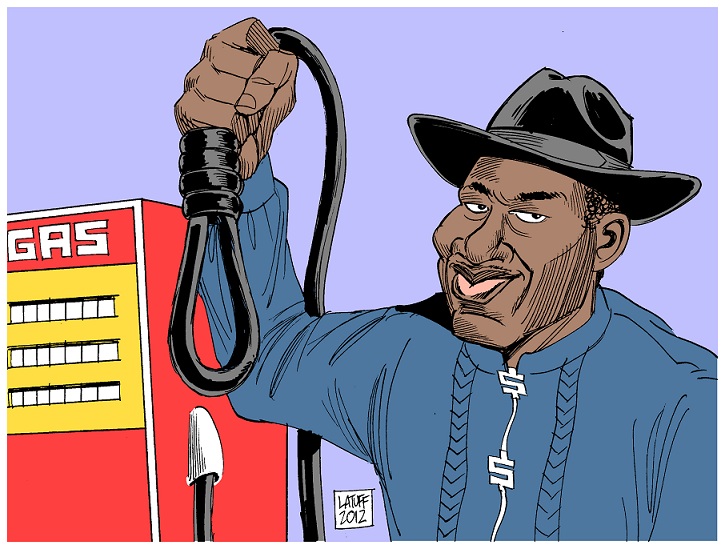Earlier this week, on Tuesday to be precise, a Federal High Court sitting in Abuja ruled that the deregulation of the downstream sector of the petroleum industry was unconstitutional, null and void.
This judgement, by Justice Adamu Bello, was based on Section 16(1)(b) of the Constitution of the Federal Republic of Nigeria, 1999 which says that the government should control the national economy in such a manner as to secure the maximum welfare, freedom and happiness of every citizen on the basis of social justice and equality of status and opportunity.
Thus, the judge declared that deregulation goes counter to this constitutional provision, and he issued an order restraining the Federal Government from deregulating the downstream sector of the petroleum industry or from failing to fix the prices of petroleum products as mandatorily required by the Petroleum Act and the Price Control Act.
This is the first time that a policy of the government shall be determined by a lawsuit, and it opens up a lot of debate on what amounts to ‘securing the maximum welfare, freedom and happiness of every citizen’.
Supporters of the deregulation policy, mainly the government, is of the firm belief that deregulating the downstream sector of the petroleum industry would open up opportunities and create wealth for Nigerians that in the long run would guarantee their maximum welfare, freedom and happiness.
Even though the call for deregulation, which includes removing fuel subsidies, is a very unpopular one, as is evidenced by the massive protests that greeted an attempt to do same early last year, I think in my opinion that the judge might have set a bad precedent where anyone can sue government and prevent them from implementing new economic policies once the plaintiff is against the policy.
This is because a lot of issues are a matter of debate, such as whether a policy would benefit the citizenry or not; and the constitution did not and ought not to specify a specific policy to achieve guaranteeing citizens maximum welfare, freedom and happiness.
Both capitalist and socialist systems can be used to such end-result, so using a court judgement to lock in a policy that may not be working is counter-productive.
However, a lot remains to be seen if the court order would be effective, as there would definitely be appeals up to the Supreme Court.
Ironically, the same day, President Goodluck Jonathan announced at an economic conference that his government would go ahead with plans to withdraw fuel subsidies and deregulate the downstream sector of the petroleum industry.
It is bracing up to be a long, long battle.



Leave a Reply